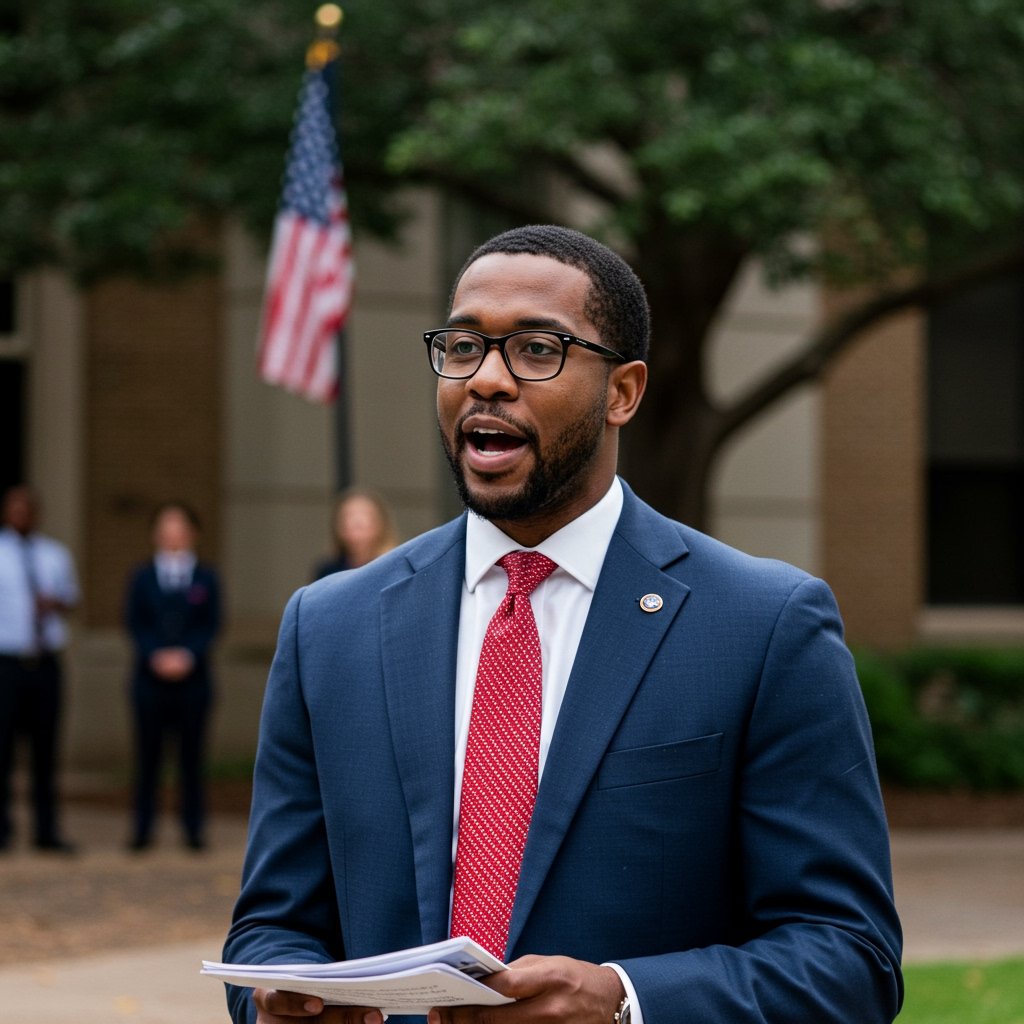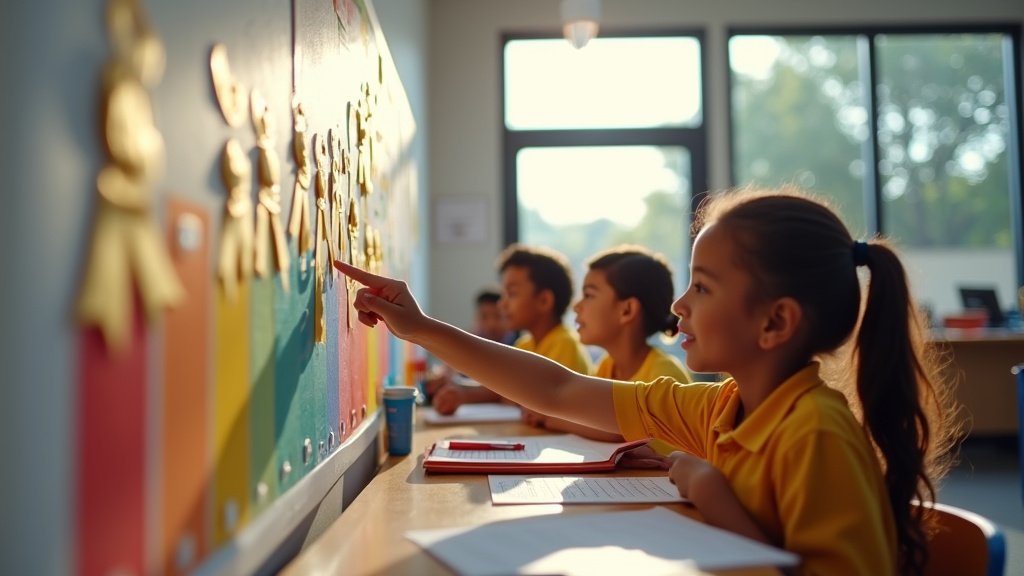Texas House Committee Sends Divisive School Voucher Bill to Floor
A significant and highly contentious proposal to expand school choice options in Texas cleared a key legislative hurdle today, as the Texas House Public Education Committee voted to approve House Bill 123. The bill, which seeks to establish a broad school voucher-like program, advanced from the committee by a vote of 9-6, signaling a deeply divided legislative landscape surrounding the future of K-12 education funding in the state.
House Bill 123, authored by Representative Alan Carter, is one of several proposals this legislative session aimed at creating mechanisms for parents to use public funds to offset the cost of private school tuition or other approved educational expenses outside the traditional public school system. Proponents frame these initiatives as empowering parents with greater choice and fostering competition that could potentially improve educational outcomes across the board.
The bill is estimated to carry a substantial price tag, potentially requiring an annual investment of approximately $500 million. Supporters, including prominent figures like Lieutenant Governor Dan Patrick, argue that this investment is worthwhile as it allows parents to select the educational environment best suited for their children, rather than being limited by their geographic location or financial means. They posit that a system providing alternatives can better serve students who may be struggling in traditional settings or who have unique learning needs.
Intense Debate and Testimony
The committee’s decision followed hours of intense and often emotional testimony presented on April 21st. The hearing brought together a wide array of Texans representing starkly different perspectives on how the state’s education resources should be utilized. Advocates and opponents alike packed the hearing room, eager to voice their support or opposition to the potentially transformative legislation.
Proponents highlighted stories of parental frustration with public schools, emphasizing the desire for options and the belief that competition from private institutions could drive innovation and improvement within the public sector itself. Representative Carter presented the bill as a necessary step to modernize the education system and ensure every child has access to quality schooling, regardless of socioeconomic status.
However, the proposal met with staunch opposition from numerous groups, particularly numerous public school advocates and educators. These opponents raised serious concerns that the creation of a voucher program, funded by taxpayer dollars, would inevitably divert crucial financial resources away from the state’s existing public education system. They argue that underfunding public schools, which serve the vast majority of Texas students, could lead to declines in quality, particularly in rural areas or districts already facing financial constraints.
Democratic Representative Eleanor Vance was among the most vocal critics on the committee. She and others questioned the accountability mechanisms for private schools receiving public funds under the proposed program, highlighting concerns that these schools may not be subject to the same rigorous standards or reporting requirements as public schools. Opponents also expressed worries about potential discrimination by private schools in admissions or services, which public schools are legally prohibited from doing.
The Committee Vote and What’s Next
The 9-6 vote reflected the deep ideological chasm surrounding the issue. The margin suggests that the bill will face significant challenges as it progresses through the legislative process. Historically, similar school choice initiatives have encountered difficulty in the Texas House, often failing to gain enough support to pass the full chamber, despite sometimes having strong backing in the Senate.
With the committee’s approval, House Bill 123 now advances to the floor of the full House for further debate, potential amendments, and a final vote. This stage represents a critical juncture for the bill, where it will face scrutiny from all representatives, not just the members of the Public Education Committee. The floor debate is expected to be robust and draw considerable public attention.
Should the bill pass the House, it would then need to navigate the Senate and potentially reconcile any differences between the two chambers before heading to the Governor’s desk. The journey ahead for House Bill 123 is far from certain, and the passionate arguments heard in the committee are likely to be amplified as the debate moves to the broader legislative arena.
The committee’s vote today marks a significant step forward for school choice advocates in Texas, pushing a long-sought policy goal closer to reality. Conversely, it intensifies the concerns of those who fear the potential consequences for the state’s foundation of public education. All eyes will now be on the full House floor as the next chapter in this contentious legislative battle unfolds.






